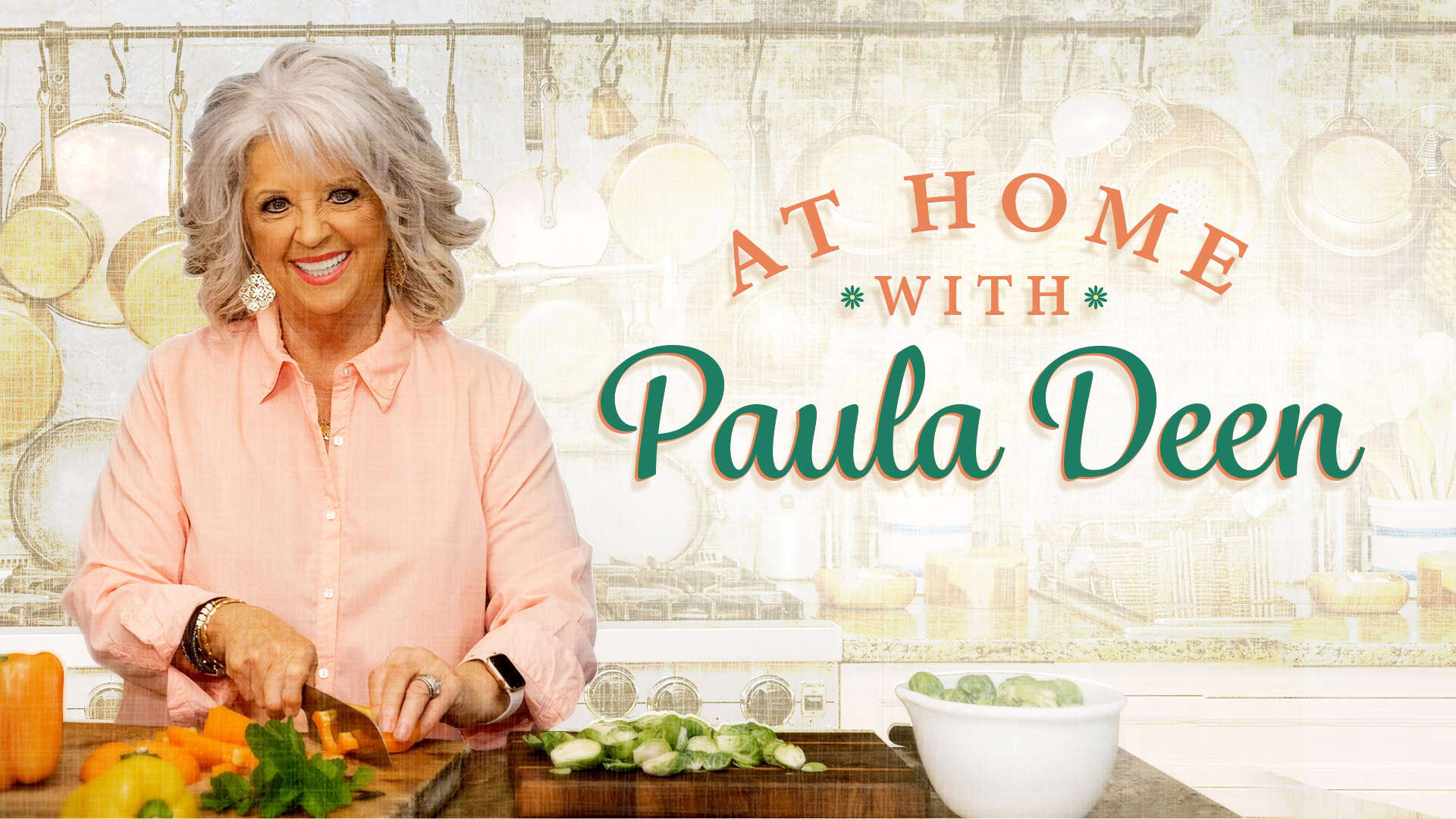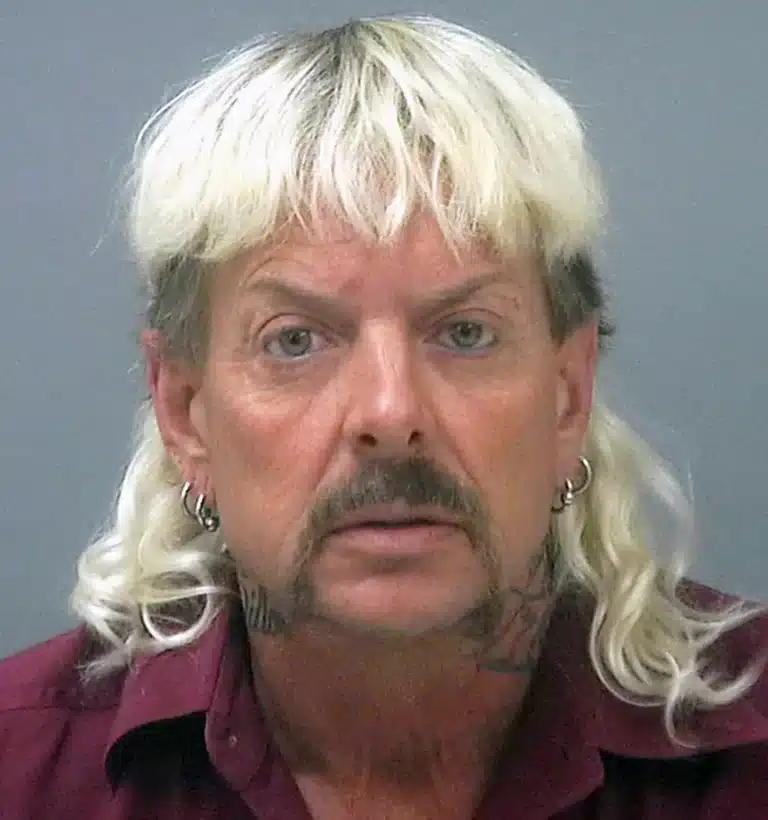Paula Deen’s Ex-Attorney Says There’s ‘No Issue’ With Using N-Word in Context
Remember Paula Deen? The queen of Southern comfort food, whose buttery and biscuit-y creations and charming drawl made her a Food Network superstar. For years, she was America’s sweet, slightly over-the-top grandma, building an empire one stick of butter at a time. But in 2013, that empire came crashing down in a spectacular fashion, leaving many wondering what exactly happened to Paula Deen.
How Did it Start?
It all began with a lawsuit that opened a can of worms nobody, least of all Deen, was prepared for. The ensuing scandal wasn’t just a PR nightmare; it was a full-blown career implosion that revealed a side of the celebrity chef the public had never seen.
The Deposition That Changed Everything
The trouble for Paula Deen began with a $1.2 million lawsuit filed by a former manager of one of her restaurants. The lawsuit alleged racial and sexual discrimination. Yikes. While the details were messy, the real bombshell dropped during a deposition back in May 2013. When asked under oath if she had ever used the N-word, Deen’s response was a shockingly casual, “Yes, of course.”
Just let that sink in. “Yes, of course.” Not a moment of hesitation, no sign of remorse. It was a stunning admission that sent shockwaves through the media. Not good.
Deen tried to contextualize her use of the slur, linking it to a traumatic bank robbery in 1987 where a Black man held her at gunpoint. She claimed she used the word when recounting the harrowing incident to her husband.
Paula Deen’s Former Attorney Justifies Slur
Her former attorney, Bill Glass, recently doubled down on this defense in the 2025 documentary, Canceled: The Paula Deen Story, arguing that anyone who “understands context” shouldn’t have a problem with it. Glass said:
If anybody brings any sense to her comments and heard her answer and understood the context, they should not take any issue with it,
It’s a bold defense, essentially asking the public to excuse a racial slur because she was scared. It didn’t fly then, and it’s a tough sell now.
Paula Deen’s “Plantation-Style” Wedding Fantasy
As if the N-word admission wasn’t enough, the same deposition unearthed another disturbing detail. Deen confessed to fantasizing about a “true southern plantation-style wedding” for her brother.
Her vision? A waitstaff of “middle-aged black men” in white jackets and bow ties. She even mused, “what I would really like is a bunch of little n——s to wear long-sleeve white shirts, black shorts and black bow ties, you know in the Shirley Temple days, they used to tap dance around.”
What?
She admitted she knew she couldn’t actually do it because “the media would be on me about that.” The fact that her primary concern was the media backlash, instead of the horrifying racist nature of the idea itself, spoke volumes. It illustrated a picture of a person deeply out of touch with racial sensitivities, who actually romanticized an era which was built on slavery.
The Fallout: Canceled (Before It Was a Hashtag)
Before “cancel culture” became a thing, Paula Deen was experiencing it in real-time. The public backlash was very swift.
The Food Network, the channel that made her a household name, cut ties. Also, major brands such as Smithfield Foods, Walmart, and Target dropped her faster than a tray of hot oven-baked biscuits. Her lucrative empire of cookbooks, cookware, and endorsements unfortunately crumbled in just a matter of days.
Deen then launched an apology tour, appearing on the TODAY show to beg for forgiveness. But the damage was already done. The folksy, butter-loving persona had been shattered, replaced by the image of a woman who sadly harbored racist views and who seemed to long for the aesthetics of the antebellum South.
Where Is Paula Deen Now?
So, where did Paula Deen land after the butter melted? She didn’t disappear entirely. She retreated from the public eye and focused on rebuilding a smaller, more boutique brand.
Paula kaunched her own digital network, offering subscription-based cooking shows and her recipes. She still has some restaurants and sells her products, but her reach is a shell of what it once was.
The scandal permanently redefined her legacy. Paula is no longer just the “queen of Southern cooking;” she has become a cautionary tale about how rapidly a beloved public figure can fall from grace.
The story of Paula Deen serves as a powerful reminder that in the court of public opinion, some words and ideas are simply indefensible. Even if they’re baked with Southern charm and coated in butter.





